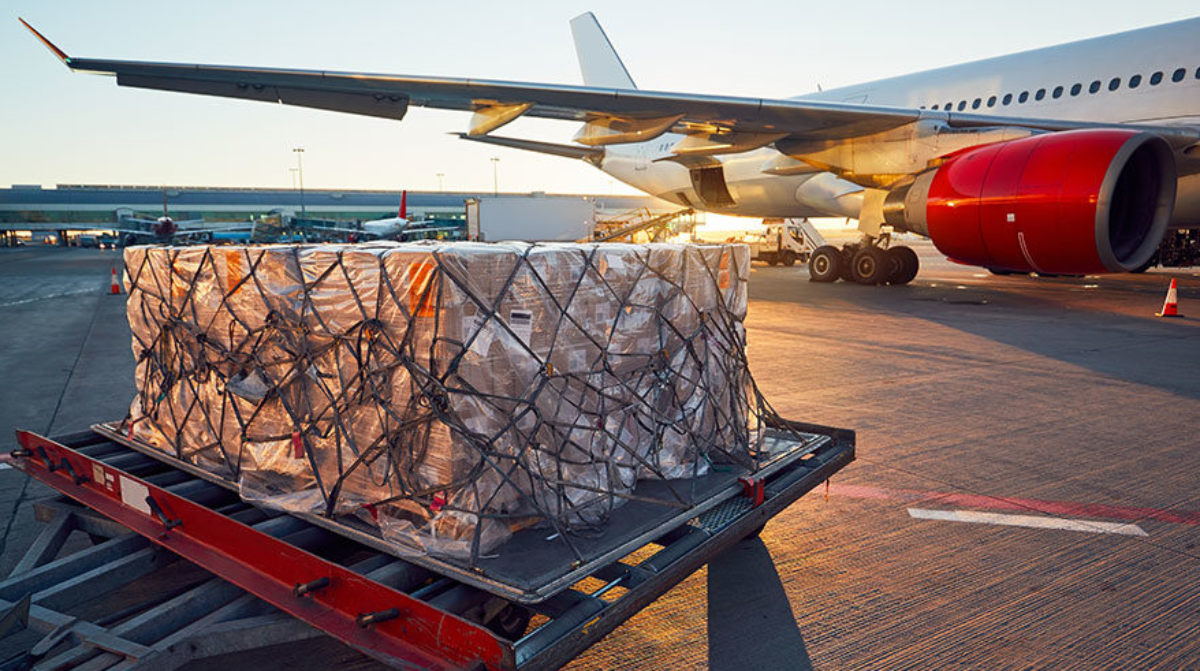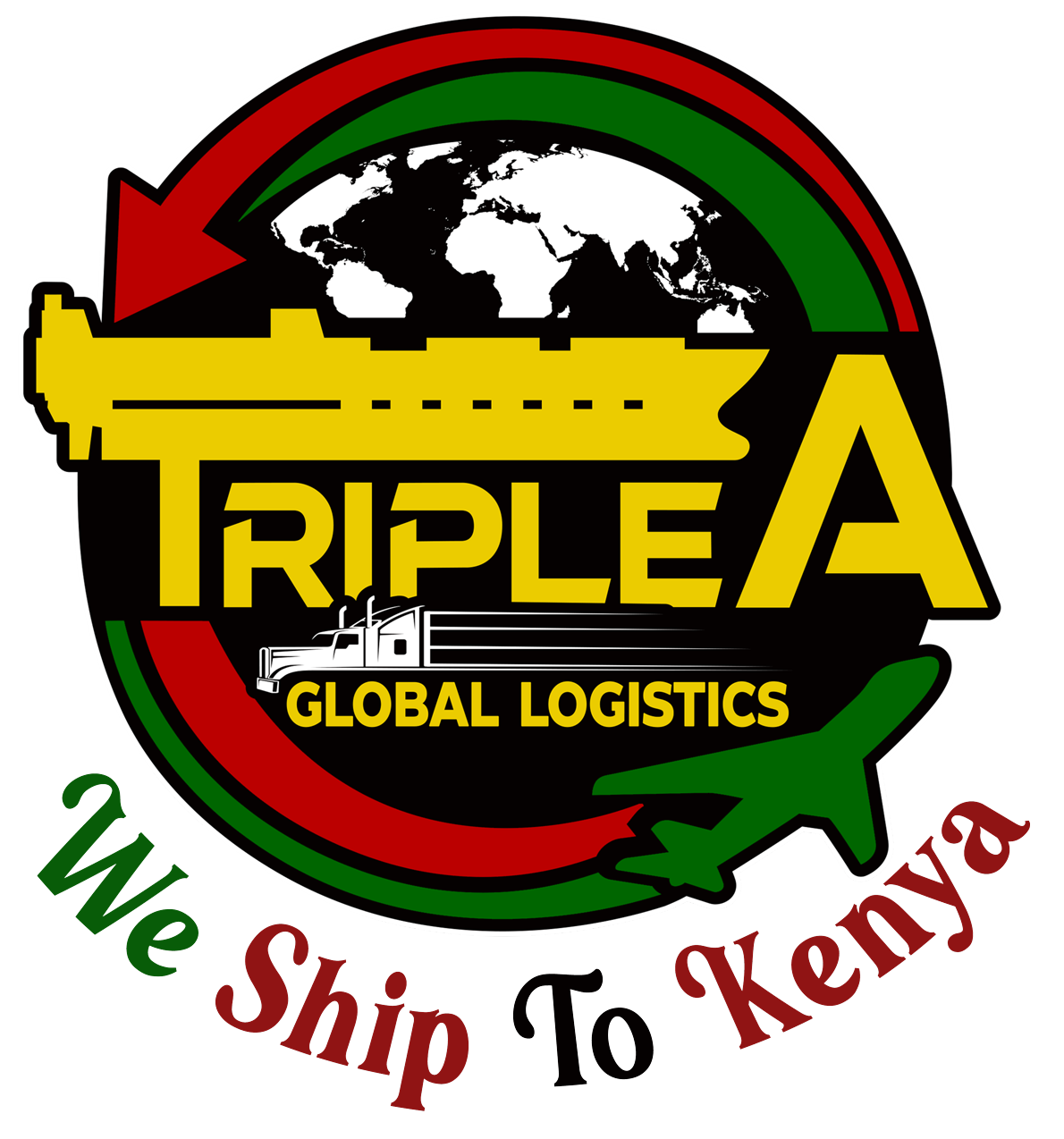Call Us:
+44 7800 648 660
+254 111 81 81 81
Mail Us:
info@tripleafreight.co.uk
Triple A

 In today’s interconnected world, the efficient movement of goods is vital for businesses to thrive. Among the various modes of transportation, Air Cargo Logistics Company play a crucial role in ensuring the swift and secure delivery of products across the globe.
In today’s interconnected world, the efficient movement of goods is vital for businesses to thrive. Among the various modes of transportation, Air Cargo Logistics Company play a crucial role in ensuring the swift and secure delivery of products across the globe.
Comments
I don’t think the title of your article matches the content lol. Just kidding, mainly because I had some doubts after reading the article. 注册获取100 USDT
I don’t think the title of your article matches the content lol. Just kidding, mainly because I had some doubts after reading the article.
Your article helped me a lot, is there any more related content? Thanks!
Your article helped me a lot, is there any more related content? Thanks! https://accounts.binance.com/zh-TC/register-person?ref=DCKLL1YD